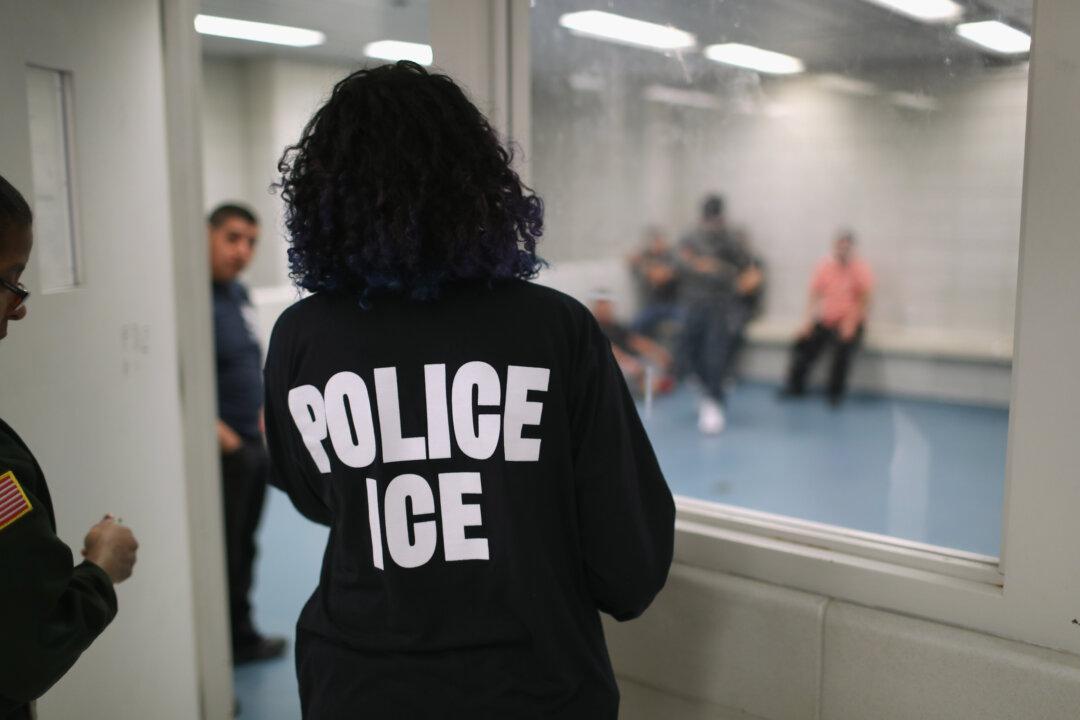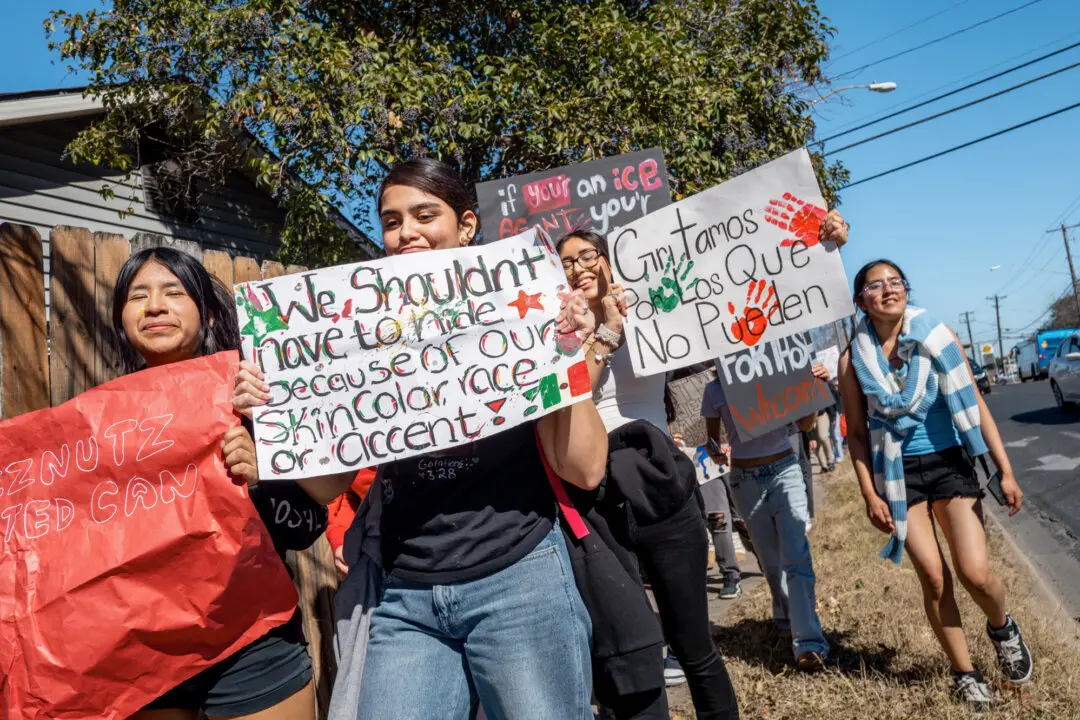Civil rights organizations lodged an official complaint against Iowa state officials on May 9, seeking to halt the implementation of the state’s recently enacted immigration law, which is scheduled to take effect on July 1.
Under the new law, a foreign national who has been deported from the United States in the past is prohibited by law from entering Iowa, irrespective of their current immigration status.





